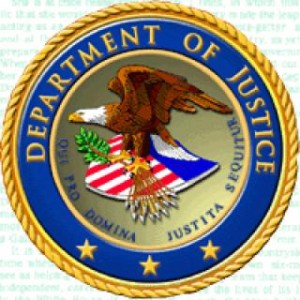NORTH CAROLINA
A man was charged with fraudulently seeking over $6 million in Paycheck Protection Program (PPP) loans, federal prosecutors allege.
Tristan Bishop Pan, 38, of Garner, is charged with wire fraud, bank fraud, and engaging in unlawful monetary transactions.
The indictment, unsealed Tuesday, alleges that Pan perpetrated a scheme to submit fraudulent PPP loan applications to federally insured banks.
The Small Business Administration (SBA) guarantees PPP loans under the Coronavirus Aid, Relief, and Economic Security (CARES) Act.
According to the allegations, Pan submitted numerous fraudulent PPP loan applications, including on behalf of entities named Pan Insurance Agency, White Walker, Khaleesi, and The Night’s Watch.
The indictment alleges that, in support of the fraudulent PPP loan applications, Pan made false statements about the companies’ employees and payroll expenses.
The PPP loan applications were supported by fake documents, including falsified tax filings, according to the indictment.
Pan allegedly submitted fourteen PPP loan applications seeking over $6.1 million and received more than $1.7 million in benefits following approval of the Pan Insurance Agency and White Walker PPP loan applications.
The government was able to seize some of the allegedly fraudulent loan benefits.
The CARES Act is a federal law enacted March 29.
 It is designed to provide emergency financial assistance to millions of Americans who are suffering the economic effects resulting from the COVID-19 pandemic.
It is designed to provide emergency financial assistance to millions of Americans who are suffering the economic effects resulting from the COVID-19 pandemic.
One source of relief the CARES Act provides is the authorization of up to $349 billion in forgivable loans to small businesses for job retention and certain other expenses through the PPP.
In April 2020, Congress authorized over $300 billion in additional PPP funding.
The PPP allows qualifying small businesses and other organizations to receive loans with a maturity of two years and an interest rate of one percent.
Businesses must use PPP loan proceeds for payroll costs, interest on mortgages, rent and utilities.
The PPP allows the interest and principal to be forgiven if businesses spend the proceeds on these expenses within a set time period and use at least a certain percentage of the loan towards payroll expenses.
The defendant is presumed innocent unless proven guilty.


